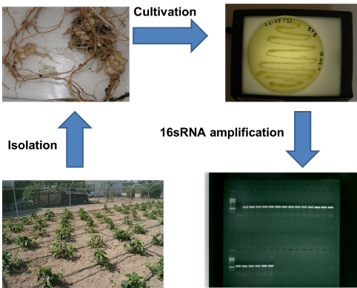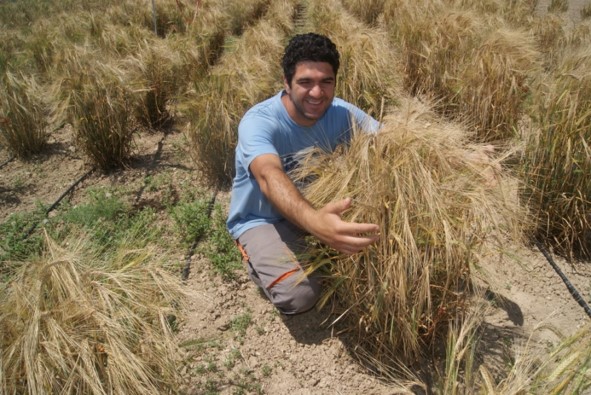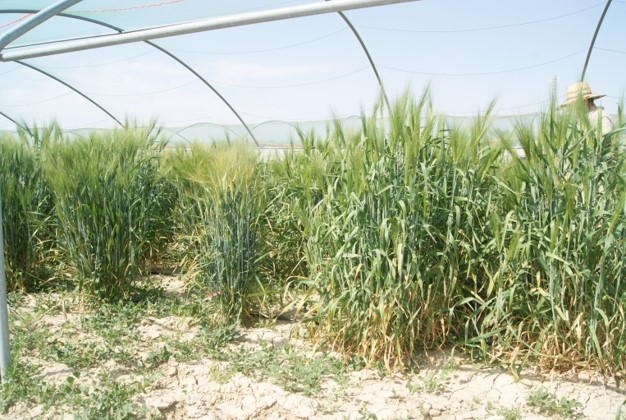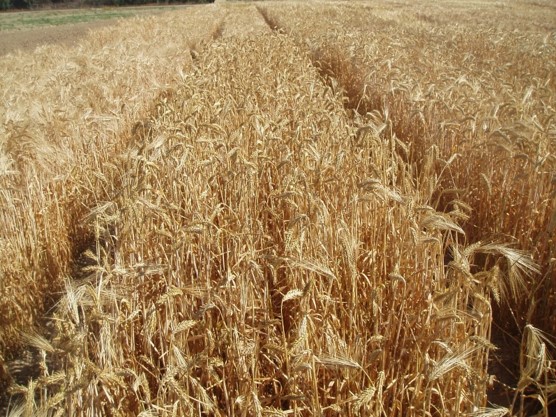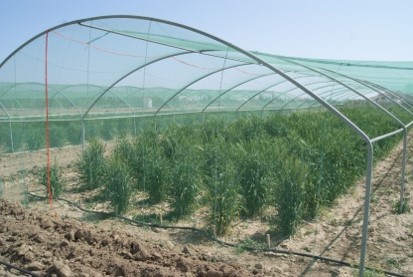Plants
Abundant and high quality, nutritious feed is of primary importance to ensure increased milk production and general animal performance. Plants provide all food and feed in the Earth’s ecosystem, as they are the sole energy producers on the planet through the process of photosynthesis. In addition to expediting genetic improvement of local Sheep and Goat breeds, AGRICYGEN foresees specific measures to further increase the yield and nutritional value of local crops used for feed and of grassland production. The feed sector is of great economic importance since its production value amounted to 6,7 million euros and the annual value of animal feed imports to 3,7 million euros in 2014. Concerted scientific efforts will target the genetic improvement of local crop varieties used for feedstuff production, providing innovative solutions to various issues associated with applying advanced Phenotypic and Genomic Selection in these species.
Climate change and its effects on crop and animal performance will be taken into account during the development of resilience and sustainability traits for evaluation and selection. This is a determining factor for selecting the best barley and legume varieties under the particular climatic conditions of Cyprus. The country regularly suffers from limited rainfall and water scarcity. The yield losses from drought range from 25 to 70% depending on the severity and the longevity of the phenomenon. In addition, good quality agricultural land is limited, thereby tumbling the sustainability of primary production systems.
Barley is the main cereal for feed and roughage in Cyprus, because of its excellent local adaptation and high stress resilience. In addition, owing to its genome size, barley has been a model species for Genomic studies. The Cyprus Barley Breeding programme has been a core activity at the Agricultural Research Institute since its establishment. Through a comprehensive long-term breeding process, new elite varieties, well-adapted to the semi-arid Cyprus conditions, have been developed and registered to the National Catalogue. This process has led to the creation of an array of very promising, genetically diverse genotypes that have been precisely and accurately phenotyped in multiple locations within Cyprus. During the last two decades, ARI is a global pioneer in the development of innovative field phenotyping methods for multiple crop species, thus enabling immediate exploitation of the Centre’s Genomic technologies in a much applied manner. The ultimate goal is to provide varieties with improved nutritional quality and stress tolerance, particularly to drought and to extreme temperatures.
